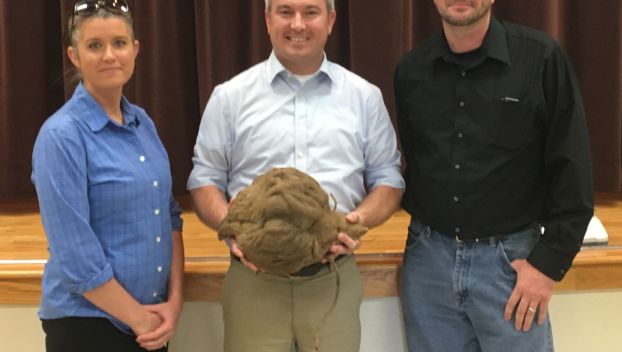
News
How sweet it is: This tuber is one for the record books
Want some sweet potato casserole, baked sweet potato or even some sweet potato fries to go with that ... Read more

Want some sweet potato casserole, baked sweet potato or even some sweet potato fries to go with that ... Read more